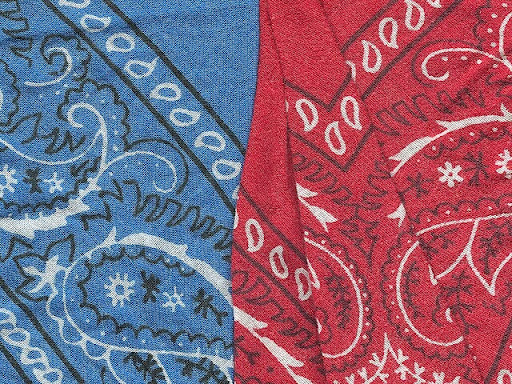Scott Jurek, the famous ultramarathoner, holds the American record of 165 miles run in 24 hours. I’m not saying that’s because of his vegan diet, but as he attests in his hit book, “Eat and Run: My Unlikely Journey to Ultramarathon Greatness,” it certainly helped. Brendan Brazier, a pro Ironman triathlete, adopted a vegan diet to gain an athletic edge over his competitors. Robert Cheeke, a notable bodybuilder, uses his vegan diet to help gain strength and build muscle.
Vegan diets used to be seen as an obstacle that could be overcome in order to remain a strong athlete. Now, they’re becoming recognized as an asset. Vegan athletes say they have more energy during workouts and recover faster afterwards. A healthy vegan diet, which is predicated on lean protein, vegetables, fruits and whole grains, is exactly what’s recommended to athletes already. The only change for an athlete making the jump to veganism is cutting out meat, eggs and dairy: all of which, by the way, contain “bad” LDL cholesterol, which is nonexistent in vegan diets.
“But…” the chorus of gym-goers begins. “Where do they get their protein?” It’s absolutely true that athletes, particularly those in rigorous training, have higher protein needs than the general population. Fortunately, provided you’re eating enough, it’s easy to get enough protein daily, even as a vegan athlete. Even this summer, when I was running between three and ten miles a day, six days a week, and tracking my macronutrients, I found that I was consistently getting enough protein and calories.
The American Centers for Disease Control, the government agency responsible for making American dietary recommendations, says that women ages 14 and up should consume at least 46 grams of protein daily. The University of Maryland Medical System’s online protein-need calculator, which factors in height, daily activity and frame size as well as gender and age, recommends a higher amount: 89 grams of protein for a 19 year-old female with a medium frame who is “very active.”
Although I’m sure that just talking about protein is making some athletes reach nervously for their whey protein powder (whey, a byproduct of milk, is not vegan), they can relax knowing that there are abundant vegan alternatives to popular post-workout snacks like protein shakes or chocolate milk.
In fact, speaking of chocolate milk, for example, Silk brand Chocolate Soymilk — available in all Wellesley dining halls — has 70 fewer calories per cup than regular chocolate milk and 55 fewer calories from fat, but contains 160 mg more Omega-3s (typically found in fish and great for brain health), 50 percent more calcium than dairy milk, more vitamin D than dairy milk, and 50 percent of your daily vitamin B12. Although vegan diets, particularly for athletes, are known for being low in B12 because it’s a vitamin-only synthesized in animals, many plant-based milks (like soymilk, almond milk, and rice milk), as well as many cereals, are now fortified with vitamins B12 and D. Dairy milk, for the record, contains no B12. After starting to eat a vegan diet, you realize that there are comparisons like this everywhere. With the huge range of plant-based options out there, there’s no need to rely on inferior meat and dairy products for nutrition.
But, if you’re really set on supplementing your normal meals with additional protein from snack bars or powders, there are plenty of vegan options out there. The Emporium stocks Luna protein bars and Clif Builder’s Bars, both of which are usually vegan. Additionally, companies like TrueNutrition and SunWarrior, which are sold online, offer huge varieties of delicious vegan protein powders in tons of different flavors.
But, even as a vegan athlete, it’s also as easy to get all the food you need at the dining hall without dipping into your student budget. Excellent pre-workout snacks full of carbohydrates to get you through a run or strength training session include bananas, cereal, or, for a savory option, rice mixed with vegetables and sriracha! After your workout, there are plenty of nutritious (and yes, protein-rich) snacks to help your muscles rebuild including apples with peanut butter, veggies with hummus, or salad with tofu, beans or chickpeas. Bates and Tower even have sunflower seeds and flax seeds that you can mix into cereal or oatmeal for an added protein and vitamin boost!
Whether you’re just starting to get into healthy eating or you’re an experienced athlete looking to gain an edge in training, vegan diets are a great option to consider. As an ethical, easy and nutritious (and delicious) lifestyle, veganism can work well for athletes and non-athletes alike.



